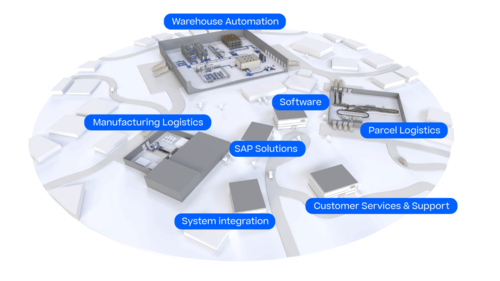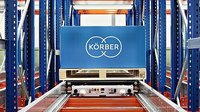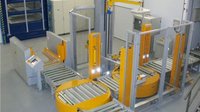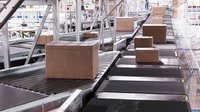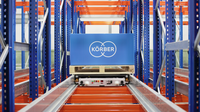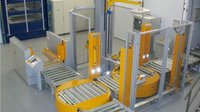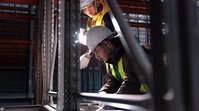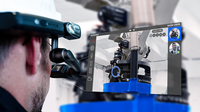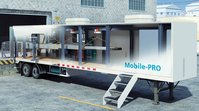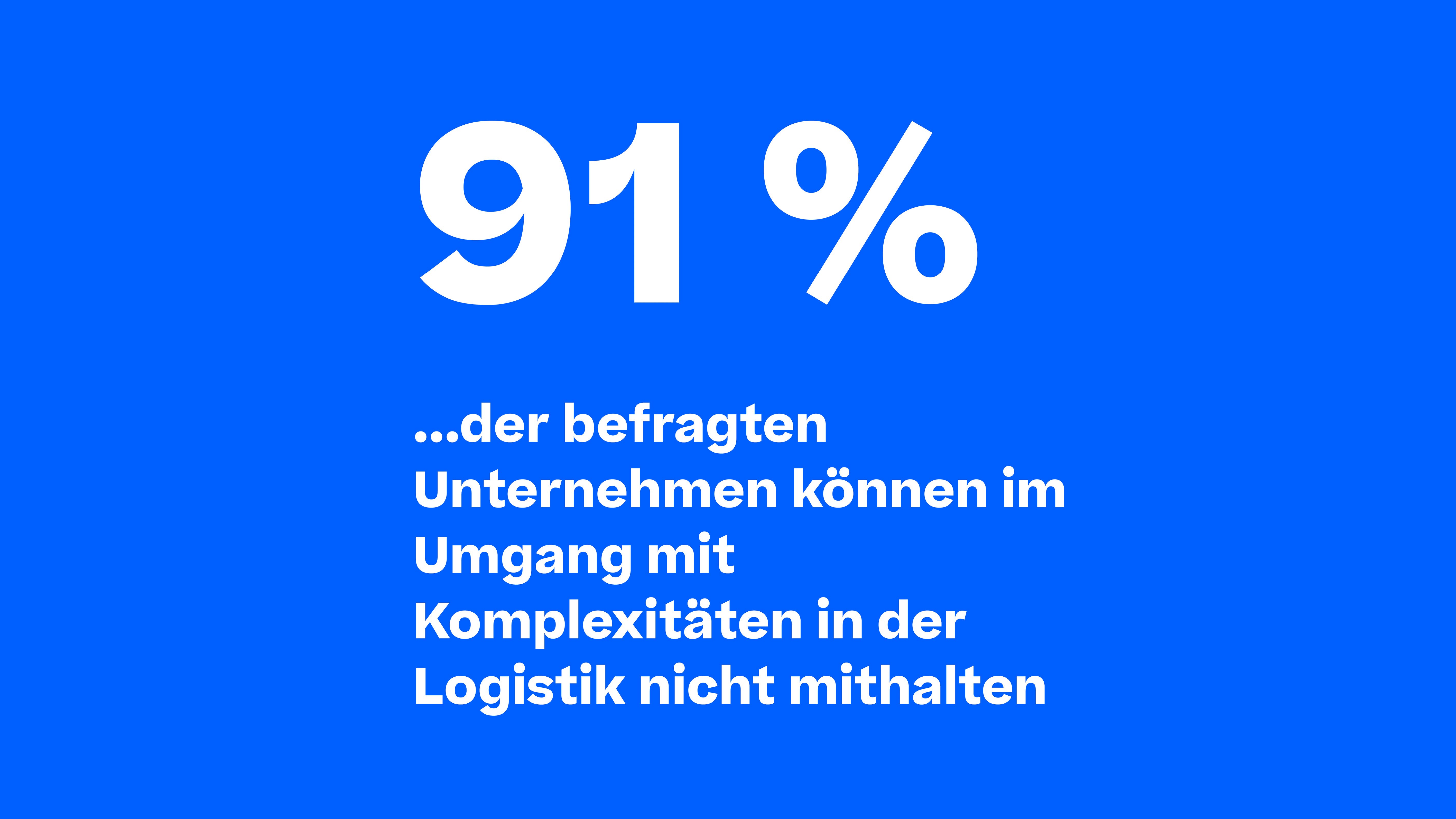
Pressemeldung
Körber Umfrage ergibt: Nur 1 von 10 Unternehmen kann mit Herausforderungen in der Logistik mithalten
Hamburg, September 1, 2020. Körber, the global supply chain technology leader from software to materials handling automation, today announced the results of its 2020 State of Supply Chain Complexity survey. Among the top findings: manufacturing and fulfillment complexities only continue to grow – and 91% of supply chain professionals cannot stay ahead of these challenges.
More products, distribution channels, and customer expectations make supply chains more complex. Körber polled 1,200 global supply chain professionals to learn how they cope with supply chain complexity, how they feel their solutions stack up against the competition and how they’re managing the transition from manual to automated processes.
Technology integration and customer demand ranked among the top challenges today’s supply chain faces. The issues respondents said most often contribute to their company’s supply chain complexity include:
• 48% ‒ integrating and ensuring software, materials handling equipment (MHE), and technologies work together throughout the entire logistics ecosystem
• 46% ‒ integrating functions across the supply chain – from manufacturing to end-customer deliveries
• 46% ‒ meeting consumer expectations for speed, cost and adaptability
More businesses are paying attention to these supply chain headaches. Nearly three-quarters of survey respondents said senior executives view the supply chain as mission-critical – an important step in gaining support for upgrading warehouses and last mile technology.
“Now isn’t the time for supply chains to break under pressure – yet, 48% of companies have experienced growth in complexity this past year,” said Rene Hermes, chief marketing officer for Körber Supply Chain. “It’s good to hear so many executives see this business area as mission-critical. Now we must transform that understanding into action.”
With solutions spanning software, automation, voice/vision/mobility, robotics and MHE to streamline complex processes, as well as the global expertise to construct highly-tailored supply chain solutions no matter the challenge, Körber is uniquely positioned to address today’s demands.
“With Körber, businesses can embrace their supply chain complexity,” Hermes said. “We are uniquely positioned to integrate new and existing technologies, optimize workflows and enhance processes to roll out supply chain solutions quicker and more cost-effectively. Körber’s integrated solutions make us the right ally for customers to conquer their supply chain complexities.”
All former 12 supply chain company brands have now officially transitioned to Körber. To discover more about today’s challenges and opportunities from the 2020 State of Supply Chain Complexity Survey, access the report here.
About the State of Supply Chain Complexity Survey
The State of Supply Chain Complexity Survey collected a sample of 1,200 technology professionals across eight countries. Respondents were director level or above, and had job responsibilities that touched their business’ supply chain operations.
Diesen Artikel teilen


